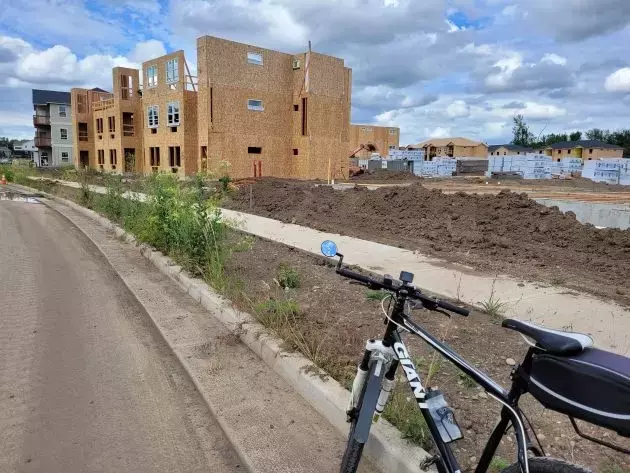In 2022, the “Eagle Pointe” apartments were in the midst of construction in east Albany. This set the stage for a significant tax-related discussion. The new Albany City Council is aiming to promote more affordable housing by imposing a 1.5 percent city tax on future projects when they obtain a building permit. This move comes as one of their first actions next month.
Albany's Housing Tax Initiatives and Their Impact
Construction Tax Details
The tax will be levied on the value above $50,000 as stated on building permits. For residential projects, it will be 1 percent, while for other types of construction, it will be 1.5 percent. Schools and similar public buildings, including subsidized low-income housing projects, are exempt from this tax. Depending on the construction pace within Albany, the city estimates the annual revenue from this tax to range from $300,000 to $900,000. After deducting 4 percent for administration, the majority of the income is intended to be used for subsidies for housing projects for households with income below 80 percent of the city's median. For example, on a new house valued at $280,000, the tax will amount to $2,300. On an apartment building with 33 units, the tax is likely to be around $12,000. And on a commercial building of about 6,000 square feet, the tax will add approximately $7,000 to the construction cost.New Housing Tax Exemption
In January, the council also plans to take final action on a 20-year property tax exemption for housing projects that “provide new regulated rental housing serving low-income households.” This is for people with income up to 60 percent of the median in the first year, and up to 80 percent thereafter. It shows the council's commitment to making housing more accessible to a wider range of people in Albany.Surplus Land Policy for Housing
To further promote affordable housing, the council on Dec. 11 adopted a policy to consider any surplus city land for housing before disposing of it. This policy was approved with a 5-1 vote, with Novak voting against it once again. However, unanimity was not required for this policy to take effect. It demonstrates the council's proactive approach in finding ways to increase the supply of housing in the city.The construction tax and the tax exemption ordinances do not have emergency clauses, which means they take effect 30 days after the mayor signs them. They are also subject to a petition to refer them to the voters. This gives the public a chance to have a say in these important decisions. Overall, these initiatives by the Albany City Council are aimed at addressing the housing needs of the community and creating a more sustainable housing market. You May Like

